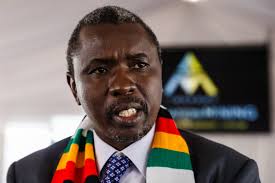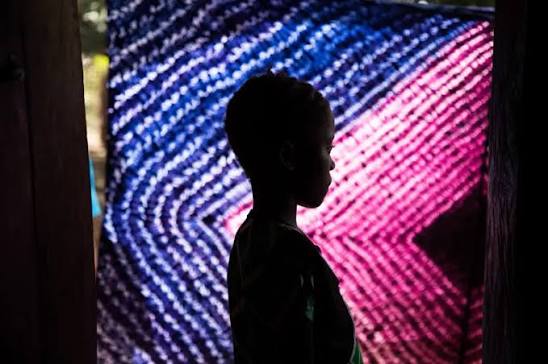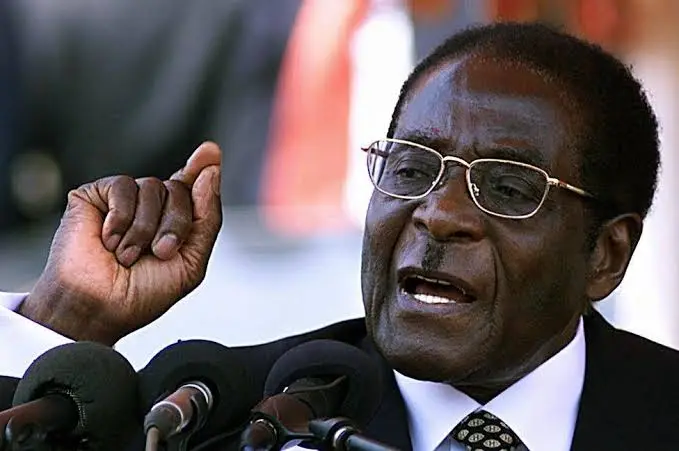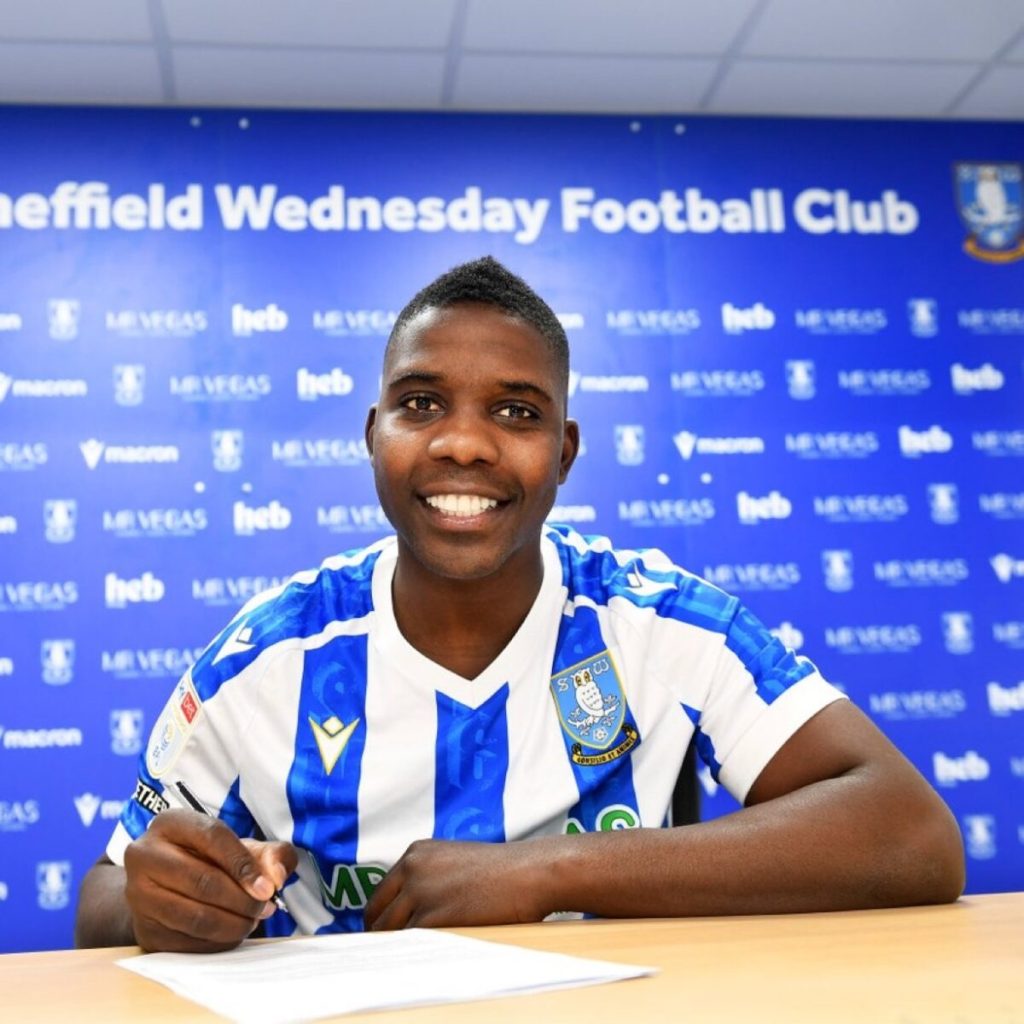By Victor Fanuel
Harare — The Zanu PF Politburo, the ruling party’s highest decision-making organ, has formally rejected the proposed co-option of businessman Kudakwashe Tagwirei into the party’s Central Committee.
According to sources within the Politburo, only two of the 49 members present supported Tagwirei’s inclusion, demonstrating widespread reluctance among senior party officials.
This near-unanimous decision to nip in the bud Tagwirei’s newfound political ambitions reflects significant internal hostilities against the business mogul and highlights ongoing tensions over Zanu PF’s succession dynamics and governance processes.
Youth minister Tino Machakaire reportedly dedicated the entire night lobbying members to endorse Tagwirei’s elevation, efforts that ultimately failed to shift the consensus.
The opposition was led by influential figures including Vice President Constantino Chiwenga, Zanu PF spokesperson Christopher Mutsvangwa, Secretary General Obert Mpofu, and Legal Affairs Secretary Patrick Chinamasa.
Notably, Machakaire himself remained silent during the session despite his close association with Tagwirei.
Justice minister Ziyambi Ziyambi and former MP and senator Omega Hungwe mounted a defense of Tagwirei, highlighting his financial contributions and grassroots engagement within the party.
However, their arguments were decisively rejected amid concerns over the opaque process used to accommodate the businessman, viewed by many as lacking transparency and bypassing established party norms.
Inside sources also reveal that Politburo member Godwills Masimirembwa disclosed being pressured to endorse Tagwirei but has since aligned himself with Obert Mpofu, signaling shifting factional loyalties amid the contestation.
Tagwirei, founder of Sakunda Holdings, is a contentious figure within Zimbabwean politics. His reported ambitions for the Zanu PF presidency have unsettled veteran party members.
Under sanctions by the United States and the United Kingdom for alleged corrupt dealings linked to state tenders, Tagwirei has transitioned from a background financier to an active political contender.
His central committee co-option, initially championed by Masvingo and Harare provincial leaderships, was viewed as a strategic move to bolster urban political influence and broaden his support base.
The businessman is believed to enjoy the backing of Agenda 2030 loyalists and tacit support from President Emmerson Mnangagwa, who reportedly sees him as a counterweight to Chiwenga, widely perceived as the favored successor.
Tagwirei’s philanthropic efforts through the Bridging Gaps Foundation and his role as chairman of the Land Tenure Implementation Committee have further enhanced his political profile in the lead-up to the 2028 succession battle.
However, his rapid rise has exacerbated factional divisions within Zanu PF.
On Tuesday evening, war veteran-cum-person of interest Blessed Geza publicly accused Tagwirei of exploiting corrupt wealth to fuel internal party conflicts.
Geza’s timing appears aimed at stalling the momentum of the Mnangagwa-aligned Agenda 2030 faction, an ambitious camp fronted by Tagwirei and backed by influential figures such as Temptor Paul Tungwarara, local government minister Daniel Garwe, Secretary for War Veterans Douglas Mahiya, and ICT Minister Tatenda Mavetera.
Signs of internal fractures are emerging. Recently, Chiwenga took a cryptic swipe at Tagwirei, warning that “the day of reckoning is coming” for “shadowy dealings” involving unaccountable business elites.
The symbolic resurfacing of armored vehicles on Wednesday, linked to the former army chief, added fuel to a fire that has never fully died down.
Just hours after Geza’s declaration, Harare residents were unsettled by the sight of at least 35 military tankers on city streets, a move that sparked fear and confusion across the capital.
This echoes a similar episode in February, when over 20 tanks rumbled through Borrowdale days after Geza hinted at imminent political upheaval.
That incident followed thinly veiled threats from war veterans to forcibly remove Mnangagwa.
Once again, the military insisted the display was a “routine drill,” but this clarification only came after presidential spokesperson George Charamba and government spokesman Ndabaningi Nick Mangwana had already intervened, sidestepping established military communication protocols.
These political tensions have been mirrored by unexplained military movements in Harare and veiled warnings from senior party figures aligned with rival factions.
The Politburo’s rejection represents a critical setback for Tagwirei and underscores the persistent fragility and factionalism within Zanu PF’s leadership.
While his financial resources and patronage remain influential, senior party structures appear divided on both his suitability and the procedural integrity surrounding his attempted elevation.
As intra-party contestations deepen, attention will focus on whether Tagwirei can consolidate his position and convert economic influence into lasting political authority within Zimbabwe’s liberation movement.



